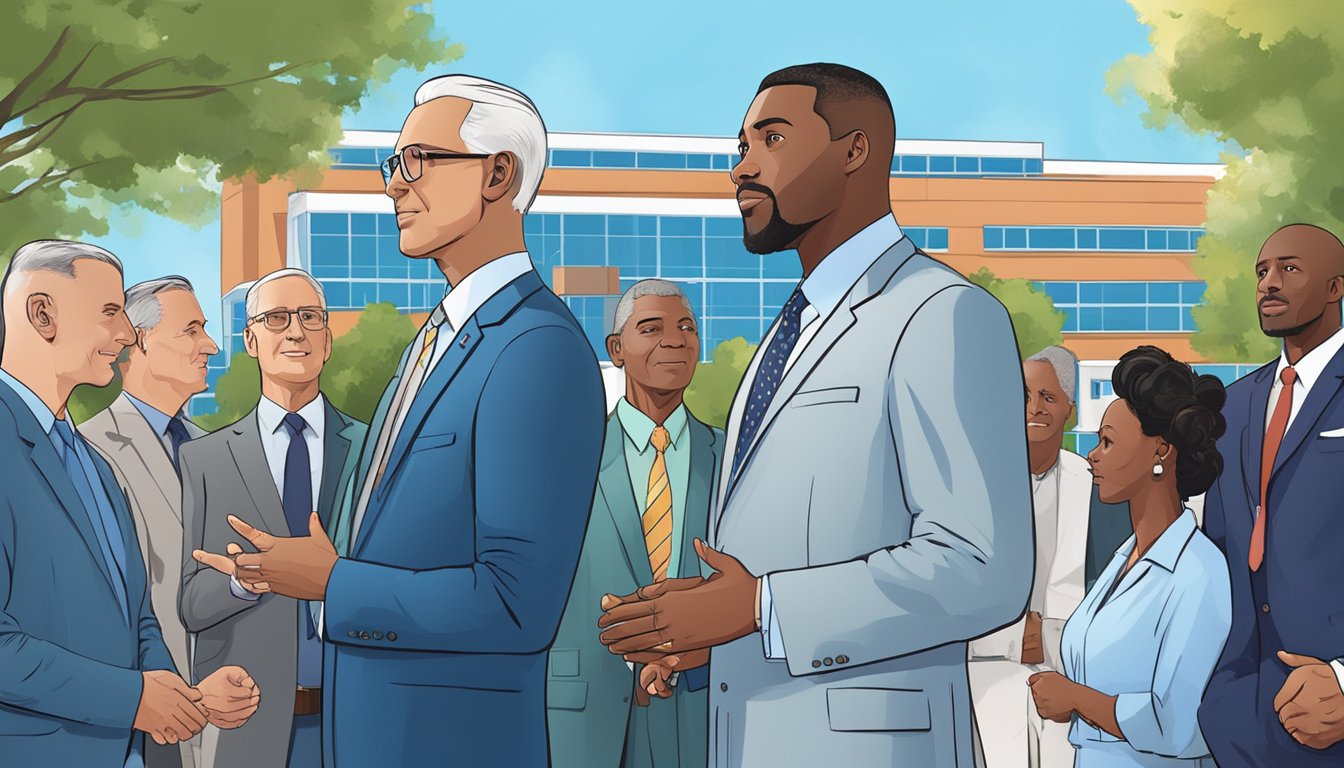In a recent confirmation hearing before the Senate Veterans’ Affairs Committee, Doug Collins made clear his vision for improving the Department of Veterans Affairs (VA) and its healthcare services.
He emphasized the urgent need to strengthen the department’s workforce and adapt its operations to better serve the ever-changing needs of today’s veterans.
Addressing the Healthcare Needs of Veterans
Collins articulated a forward-thinking approach to veterans’ healthcare, stating that while access is important, there’s a pressing need to refine the system for improved service delivery.
He pointed out that strategies that were effective four decades ago are no longer sufficient, particularly for newer generations of veterans who deserve a wide array of care options.
One of Collins’ notable proposals involves expanding the possibilities for veterans to access medical treatment outside the traditional VA system, funded by taxpayers.
This suggestion could raise eyebrows among labor unions and veteran advocacy organizations that fear such a shift might siphon resources away from VA clinics to private providers.
Should he be confirmed, Collins will face the challenge of balancing the expansion of private sector care with the continued support of VA medical facilities.
His background as a former Republican representative from Georgia and an Air Force Reserve chaplain informs his understanding of these complex relationships.
Community Care and Electronic Health Records
During the hearings, Collins answered tough questions but faced little opposition overall, with most committee members expressing support for his nomination.
Notably, he was questioned about the community care program, which permits veterans to seek care in private facilities using federal funds.
Currently, this program accounts for nearly 40% of all VA health appointments.
However, critics argue that its restrictions can limit veterans’ choices, especially when they encounter long wait times or inconvenient travel distances for VA clinics.
In response to these concerns, Collins expressed his support for initiatives aimed at expanding eligibility for community care, reinforcing that timely access to care and benefits remains a top priority for the VA.
He also addressed ongoing issues related to the VA’s troubled electronic health records system, a project with a decade-long budget of $16 billion that has encountered significant delays.
Collins assured the committee of his commitment to collaborate with senior officials to either expedite the project’s revival or consider its termination.
Commitment to Accountability and Support for Veterans
Highlighting the current trend in federal projects, Collins noted a frustrating pattern: substantial financial investments often yield minimal results over extended periods.
Additionally, he recognized the hard work of many VA employees, but he stressed the importance of improving accountability and operational efficiency in the future.
His plans include enhanced outreach for at-risk veterans, particularly those vulnerable to homelessness or suicide.
Collins reaffirmed his commitment to ensuring legal compliance regarding abortion services at VA medical centers, even where state laws impose restrictions.
His position sparked some concern among Democratic committee members, who interpreted it as a sign that he may not prioritize the reproductive rights of women veterans.
The Senate plans to vote on Collins’ nomination this Thursday, and if it passes, a full Senate confirmation vote could follow next week, potentially positioning him in office by February.
Source: Militarytimes

